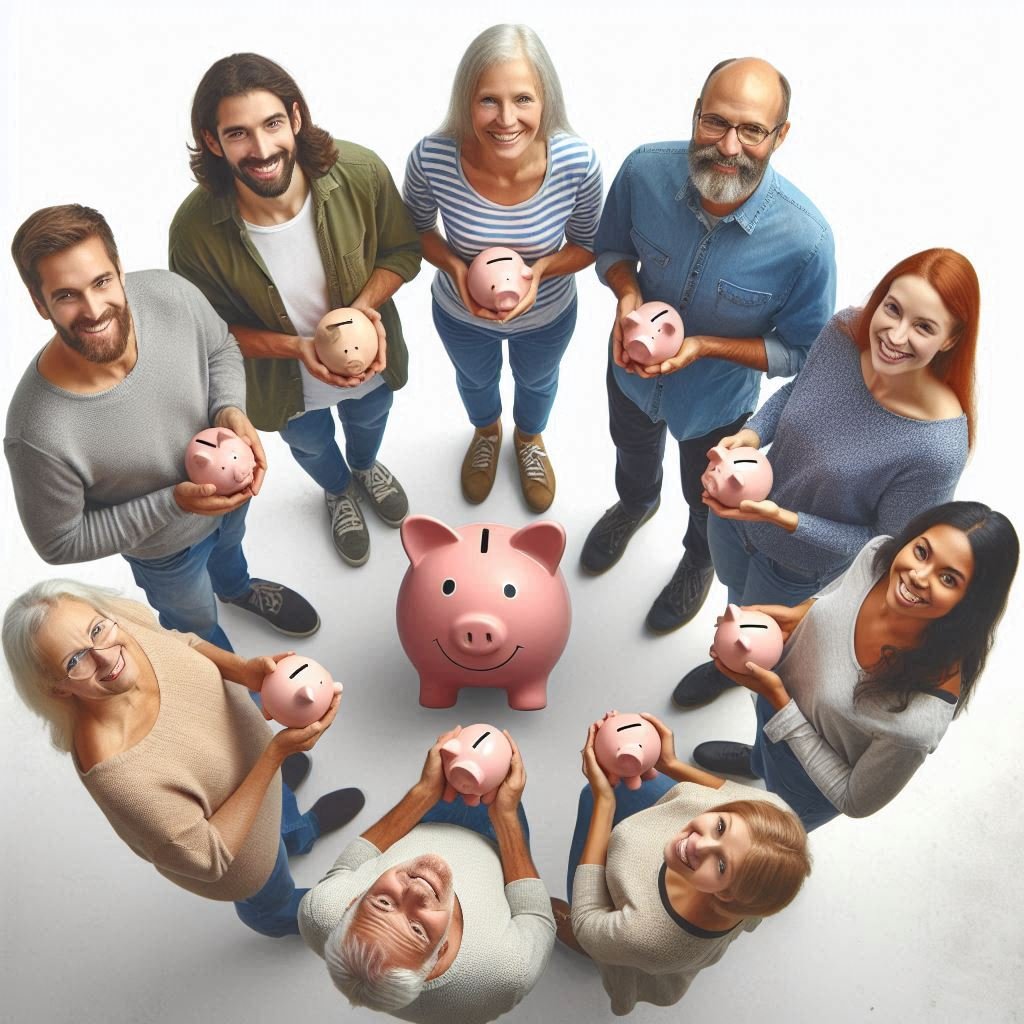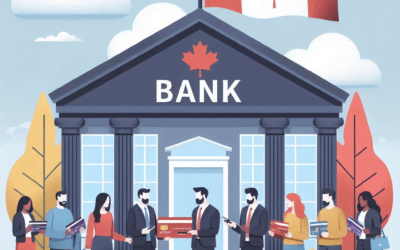Debt can be a heavy burden, but with the right strategies and mindset, it’s possible to pay off debt quicker and achieve financial freedom. This comprehensive guide will provide you with 15 practical and actionable tips to help you pay off debt faster. Whether you’re struggling with credit card debt, student loans, or other financial obligations, these tips will empower you to take control of your finances and start your journey towards becoming debt-free.
1. Create a Budget
Creating a budget is the first step to paying off debt. A budget helps you track your income and expenses, so you can identify areas where you can cut back and allocate more money towards paying off debt.
Example: Use budgeting apps like Mint or YNAB to monitor your spending and set financial goals.
2. Increase Your Income
Finding ways to increase your income can help you pay off debt quicker. Consider taking on a part-time job, freelancing, or starting a side hustle to boost your earnings.
Example: Offer your skills on platforms like Upwork or Fiverr, or drive for rideshare services like Uber or Lyft.
3. Cut Unnecessary Expenses
Identify and eliminate unnecessary expenses from your budget. This can free up more money to put towards your debt payments.
Example: Cancel unused subscriptions, cook meals at home instead of dining out, and reduce discretionary spending.
4. Pay More Than the Minimum
Paying only the minimum amount due on your debts will prolong the repayment process and increase the amount of interest you pay. Aim to pay more than the minimum whenever possible.
Example: If your minimum credit card payment is $50, try to pay $100 or more each month.
5. Use the Debt Snowball Method
The debt snowball method involves paying off your smallest debts first, then gradually working your way up to larger debts. This can create a sense of accomplishment and motivate you to keep going.
Example: List your debts from smallest to largest, and focus on paying off the smallest debt first while making minimum payments on the others.
6. Use the Debt Avalanche Method
The debt avalanche method focuses on paying off debts with the highest interest rates first, which can save you money on interest over time.
Example: Prioritize paying off a credit card with a 20% interest rate before tackling a loan with a 10% interest rate.
7. Negotiate Lower Interest Rates
Contact your creditors and negotiate lower interest rates on your debts. Lower interest rates can reduce the amount of interest you pay and help you pay off debt faster.
Example: Call your credit card company and request a lower interest rate based on your payment history.
8. Consolidate Your Debt
Debt consolidation involves combining multiple debts into a single loan with a lower interest rate. This can simplify your payments and reduce the overall interest you pay.
Example: Use a debt consolidation loan or a balance transfer credit card to consolidate high-interest debts.
9. Use Windfalls Wisely
If you receive a windfall, such as a tax refund, bonus, or inheritance, use it to pay off debt rather than spending it on non-essential items.
Example: Allocate your tax refund towards paying off credit card debt or student loans.
10. Automate Your Payments
Set up automatic payments for your debts to ensure you never miss a payment. Automating your payments can help you stay on track and avoid late fees.
Example: Schedule automatic transfers from your bank account to your creditors each month.
11. Sell Unwanted Items
Selling unwanted items can provide you with extra cash to put towards your debt payments. Look around your home for items you no longer need or use.
Example: Sell clothes, electronics, and furniture on platforms like eBay, Craigslist, or Facebook Marketplace.
12. Avoid Taking on New Debt
While paying off your existing debt, avoid taking on new debt. This can help you stay focused on your goal of becoming debt-free.
Example: Use cash or a debit card for purchases instead of credit cards, and avoid financing new purchases.
13. Seek Professional Help
If you’re struggling to manage your debt, consider seeking help from a credit counseling agency. A professional can provide you with personalized advice and create a debt management plan.
Example: Contact a non-profit credit counseling agency like the National Foundation for Credit Counseling (NFCC).
14. Track Your Progress
Regularly tracking your progress can help you stay motivated and see how far you’ve come. Celebrate your milestones and use them as motivation to keep going.
Example: Create a visual chart or use a debt payoff app to track your progress and celebrate when you pay off each debt.
15. Stay Positive and Persistent
Paying off debt can be challenging, but staying positive and persistent is key to achieving your goals. Focus on the benefits of becoming debt-free and keep moving forward.
Example: Remind yourself of the financial freedom and peace of mind you’ll gain once you’re debt-free, and use this as motivation to stay on track.
Conclusion
Paying off debt quicker requires dedication, discipline, and a strategic approach. By implementing these 15 practical tips, you can take control of your finances and work towards a debt-free future. Remember, every small step you take brings you closer to financial freedom. Stay motivated, stay persistent, and celebrate your progress along the way. You can do this!



